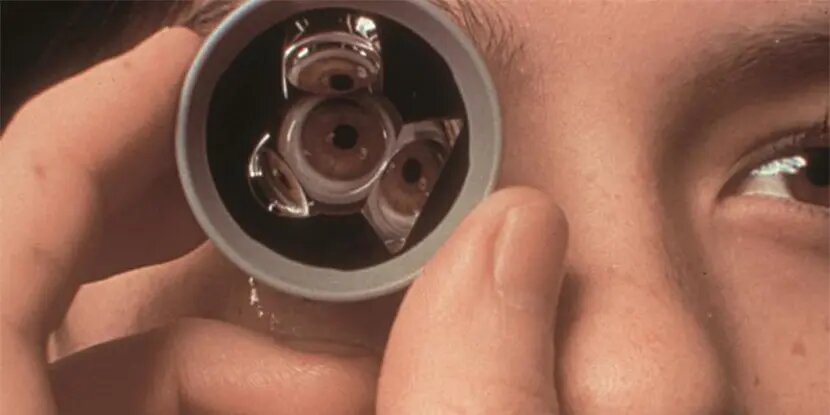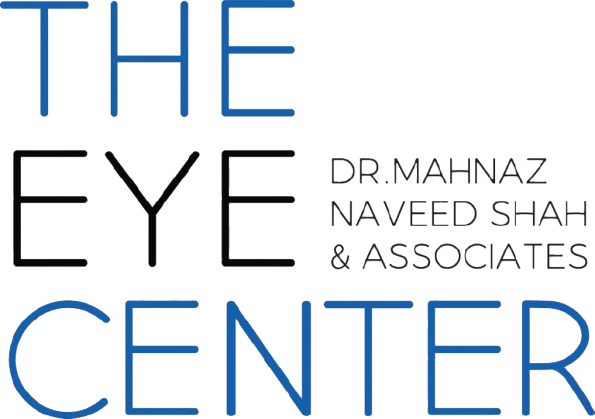If specific issues are discovered during your eye checkup, your ophthalmologist will perform a gonioscopy. Gonioscopy is most frequently performed to look for glaucoma symptoms. The examination can reveal whether your drainage angle is too small for fluid to drain effectively or whether it is obstructed by a section of your iris.
The drainage angle of the eye lies between your iris and cornea, on the front of your eye. It is the location where your eye’s aqueous humor naturally flows out. A gonioscopy will be performed by your ophthalmologist to assess the health of this drainage angle.
You will place your head in the chin holder of a slit-lamp microscope for a gonioscopy examination (the special instrument your ophthalmologist uses to look in your eyes). At this point, your eyes will have been numbed with eye drops.
A unique contact lens with mirrors will be put on your eye by an ophthalmologist. To emphasize the drainage angle, they will shine a light beam into the lens. The lens mirrors assist in illuminating this challenging-to-see area of the eye, which is essentially around a corner inside the eye.
Although you could feel the lens touch your eyelashes, a gonioscopy is normally painless in every manner. This test often only takes a few minutes. your eyes constantly make aqueous humor. A same amount of aqueous should leave your eye through the drainage angle for every new drop that enters. This procedure maintains a consistent intraocular pressure (IOP) in your eye. Fluid accumulates if the drainage angle is not functioning properly. Increased eye pressure harms the visual nerve. This is frequently how glaucoma arises.
Your ophthalmologist will perform a gonioscopy to examine the condition and functionality of your drainage angle while looking for glaucoma symptoms. Some people are suspected of having glaucoma. They may or may not have elevated ocular pressure, but their ophthalmologist may spot additional symptoms of glaucoma. A gonioscopy and other glaucoma examinations should be performed in this situation on a regular basis by the ophthalmologist to monitor any changes over time.
Gonioscopy may also be performed in other situations, such as when there are symptoms of uveitis, ocular injuries, tumors, or other diseases.
Around the age of 40, the first signs of visual abnormalities and eye disease may appear. At this time, every adult should visit an ophthalmologist for a baseline eye disease screening.
Time is of the essence when it comes to monitoring your eyesight. It is crucial to show up for your ophthalmologist visits on time. Your vision may be saved by routine checkups.
At The Eye Center- Dr. Mahnaz Naveed Shah & Associates our team of eight ophthalmology subspecialists/ eye specialists, eye surgeons who are considered amongst the very best eye specialists in Karachi and in Pakistan, have the diagnostic and treatment capabilities to treat from the simplest to the most complex patients. We work hard to provide our patients with the best possible medical and surgical eye care, in a state of the art purpose built eye care facility. We offer the entire array of medical, laser and surgical treatments to help provide patients the best possible care in the most efficient, safe and ethical manner.
If you need an appointment, please contact us at 03041119544 during our working hours or leave us a WhatsApp message at +923028291799 and someone will connect with you. Walk-in appointments are also available for emergencies. We can also be reached through our web portal on www.surgicaleyecenter.org


